Allergy season in Fort Worth can be a challenging time for many residents, especially when allergens easily find their way into homes. Your HVAC system plays a crucial role in controlling the quality of air inside your house. A well-maintained system can significantly reduce allergens, providing much-needed relief during this peak season.
HVAC systems are designed to regulate indoor air by filtering out dust, pollen, and other allergens. However, without proper maintenance, these systems can circulate allergens more than they remove them. This occurs when filters are clogged or ducts are dirty, creating an environment where allergens thrive instead of being controlled.
Keeping your HVAC system in top shape is essential for maintaining a healthy indoor atmosphere. Regular maintenance and the right equipment can help ensure you breathe cleaner air and minimize allergy symptoms. Managing your HVAC system effectively during allergy season not only improves air quality but also contributes to better health and comfort in your home.
Understanding How HVAC Systems Affect Allergies
HVAC systems play a vital role in managing indoor air quality, especially in Fort Worth where allergy season can be intense. These systems help control allergens like dust mites, pollen, and pet dander by filtering the air that circulates throughout your home. By efficiently capturing these particles, a well-functioning HVAC system can reduce the amount of allergens inside, creating a more comfortable environment for allergy sufferers.
However, when HVAC systems are neglected, they can exacerbate allergy symptoms. Without regular maintenance, filters become clogged and lose their ability to trap allergens. Dirty coils and ducts can also become breeding grounds for mold and bacteria, which then disperse allergens back into the air. This not only diminishes the system’s efficiency but also leads to poorer air quality, making it harder for those with allergies to find relief indoors.
Regular cleaning and maintenance are crucial for ensuring your HVAC system continues to support a healthy home environment. Keeping an eye on these factors helps maintain a balance where the system effectively filters out allergens without adding to them. This balance is key to enjoying cleaner air and reducing allergy symptoms, making daily life in Fort Worth a bit easier during peak allergy season.
Essential HVAC Maintenance Tips for Allergy Season
Proper HVAC maintenance is your best ally during allergy season in Fort Worth. By following a few straightforward steps, you can reduce allergens in your home significantly and breathe easier. Consider implementing the following maintenance tasks:
– Change Air Filters Regularly: During allergy season, it’s recommended to replace your HVAC system’s air filters every 30 to 60 days. Using high-efficiency filters can further enhance your system’s performance in capturing allergens.
– Clean Air Ducts: Schedule professional duct cleaning to remove dust and debris that accumulate over time. This helps prevent the recirculation of allergens within your home.
– Inspect and Clean Coils: Ensure that your HVAC coils are clean and free of mold and dirt, as these can contribute to poor air quality.
– Check for Leaks and Seal Ducts: Sealing any leaks in your ductwork can prevent unfiltered air from entering the system, maintaining the integrity of the air inside your home.
Scheduled maintenance is crucial. Regular inspections by a professional can identify and address these issues before they lead to bigger problems. Maintaining your HVAC system not only improves air quality but also ensures the system operates efficiently, providing cleaner and healthier air during Fort Worth’s allergy season. Taking these proactive steps can make a significant difference in the comfort and health of your home environment.
Choosing the Right Air Filters for Allergy Relief
Selecting the right air filter is crucial in reducing allergens and maintaining good indoor air quality, especially during Fort Worth’s allergy season. Air filters are your home’s first line of defense against pollen, dust, and other irritants. The type and quality of the filter can significantly influence how effective your HVAC system is at trapping allergens and purifying indoor air.
HEPA (High-Efficiency Particulate Air) filters are among the best for capturing allergens. They can trap particles as small as 0.3 microns, making them excellent for controlling dust, pollen, and pet dander. However, not all HVAC systems can handle HEPA filters due to their density, so it’s important to check compatibility with your system.
For many HVAC systems, pleated filters offer an effective and affordable solution. They capture more particles than standard fiberglass filters and are more readily available. When selecting filters, look at the MERV (Minimum Efficiency Reporting Value) rating. A MERV rating between 8 and 13 is typically suitable for most homes seeking allergy relief.
During allergy season, changing air filters more frequently is advised. Every 30 days is a good rule if you choose a high-efficiency filter. This routine ensures that the system does not circulate allergens back into your home, maintaining a healthier indoor atmosphere.
Enhancing Air Quality with Advanced HVAC Solutions
While air filters are essential, sometimes additional measures are needed to combat severe allergies. Advanced HVAC solutions like air purifiers and dehumidifiers can greatly enhance indoor air quality, extending the capabilities of your traditional HVAC system.
Air purifiers work by pulling air through multiple filters designed to trap and destroy pollutants and allergens. They are highly effective and can be integrated with your HVAC system to clean the air continuously. This integration helps in reducing allergy symptoms significantly, providing cleaner and safer air to breathe.
Dehumidifiers are another excellent addition, especially when humidity levels rise. High humidity encourages mold growth and dust mites, which can trigger allergies. By controlling moisture levels, dehumidifiers help eliminate these risks and improve the overall comfort of your home.
Both air purifiers and dehumidifiers complement your HVAC system, making it more efficient at delivering clean and comfortable air. These devices can be tailored to meet specific needs, ensuring your home remains a haven from the sometimes harsh Fort Worth allergy season.
Conclusion
Managing your home’s air quality is crucial during Fort Worth’s allergy season. By understanding the role your HVAC system plays, you can take proactive measures to alleviate allergy symptoms and maintain a healthier indoor environment. Proper maintenance, like regular filter changes and duct cleaning, significantly enhances your system’s efficiency in trapping allergens. Choosing the right air filters and potentially integrating advanced air quality solutions, such as air purifiers and dehumidifiers, further ensures that your home remains a safe and comfortable space.
These steps are vital in keeping pollutants at bay and improving the air you breathe. While HVAC systems are often overlooked outside of heating and cooling, their importance in managing indoor air quality cannot be overstated. Keeping your system in great shape helps to minimize the impact of allergens on your family’s health and comfort.
To maximize your HVAC system’s potential and ensure it is ready to tackle the allergy season, contact Spire Heating and Air Conditioning in Fort Worth, Texas. Our team of experts is committed to helping you create a cleaner, more allergen-free home environment. With services that include everything from maintenance to advanced air quality solutions, we’re here to support your fight against allergies and enhance your well-being.


